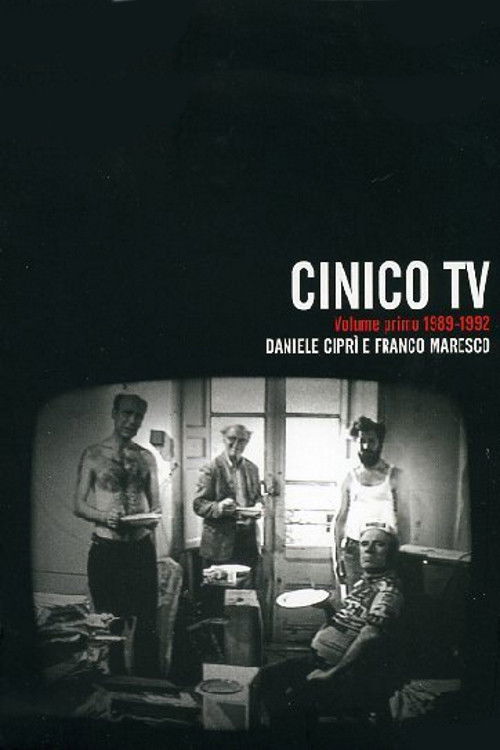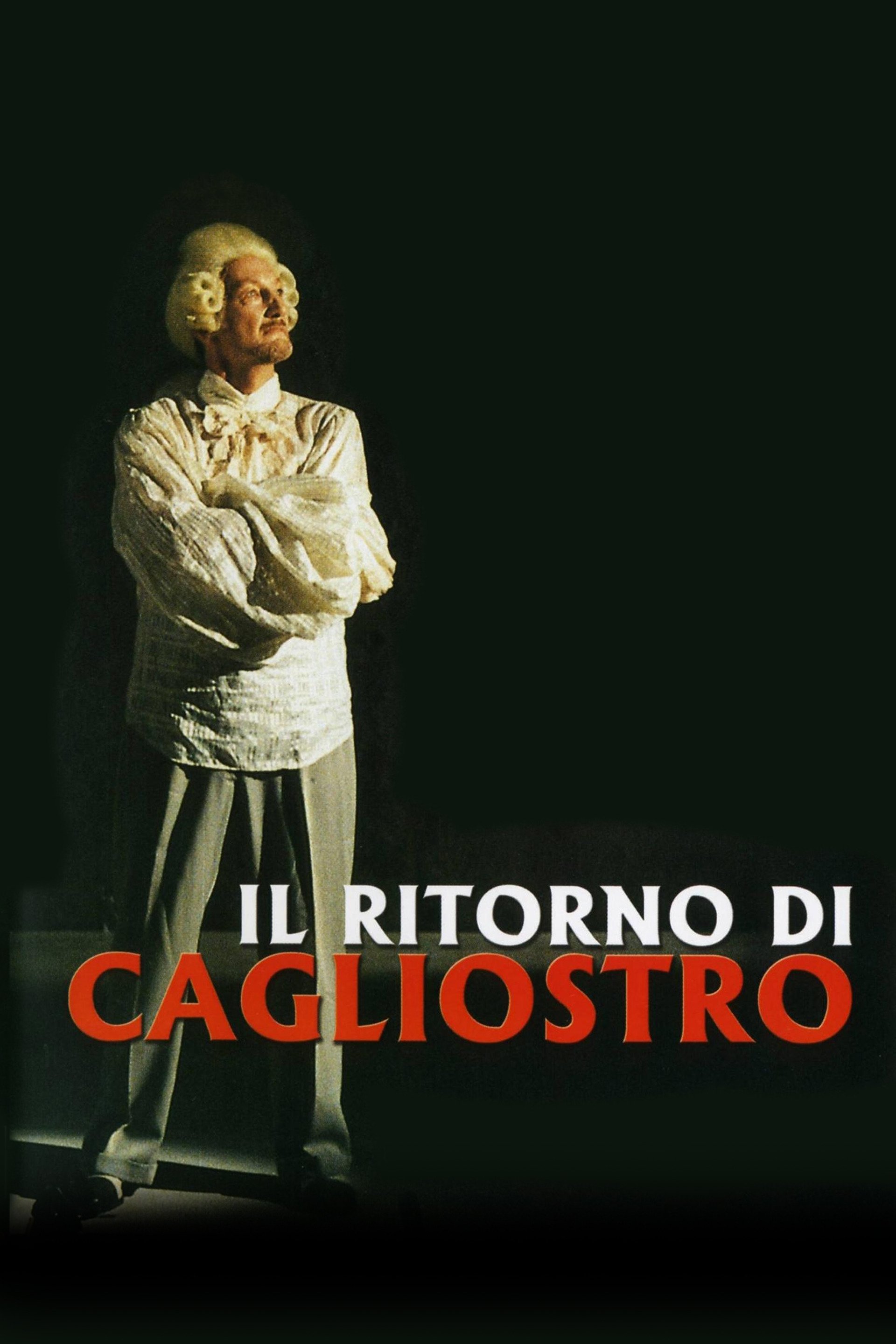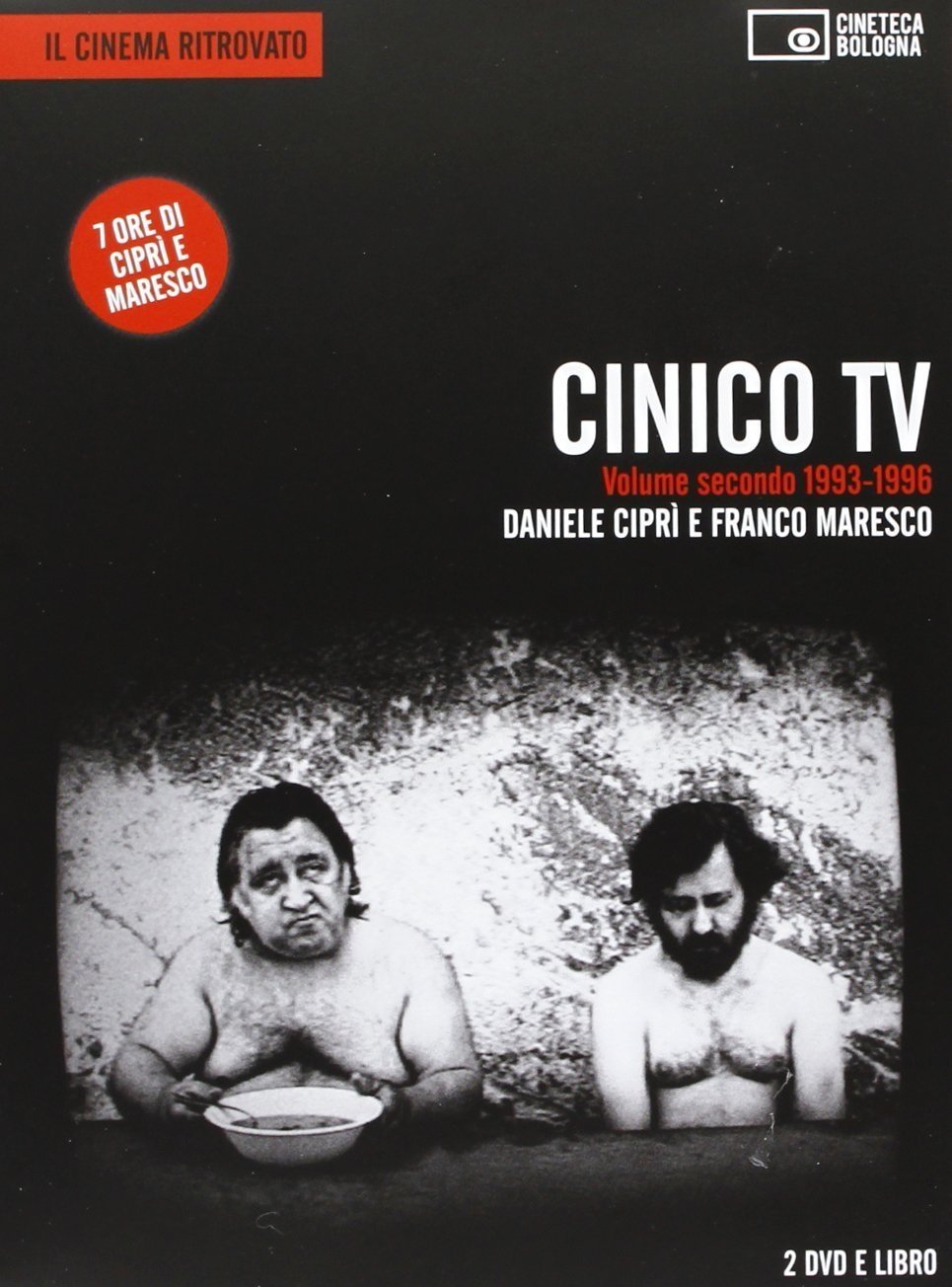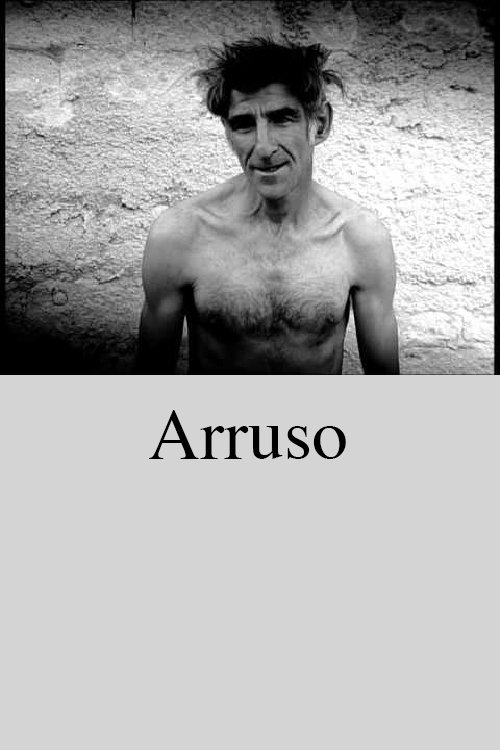
Carlo Giordano
Birthday: Born in in
Deathday: Alive
TV Credits

Cinico TV
Character: "Le Schifezze Umane"
...
Movie Credits

Toto Who Lived Twice
Character: Fefé
The film has three stories. First is about local village idiot Paletta, who can not afford the services of a whore and so steals a locket from a holy shrine belonging to local mafia don. Second shows the story of betrayal of Pitrinu (who's dead now) by his lover Fefe. Final episode is about lowlife Lazarus. He is killed by mob boss Toto, but raised from the dead by a local messiah, who is also known as Toto (and is played by same actor)....

The Return of Cagliostro
Character:
In the Sicily of the late 1940s, two brother sculptors, tired of selling madonnas to the local churches, finally realize their dream, and set up a Sicilian production company, thanks to the help of a local bishop. They start producing one box-office failure Z-movie after the other, all with terribly bad local non-pros as actors. Covered in debts, they finally have their great chance, when a local nobleman obsessed by magic decides to invest all his wealth in the making of a movie about Cagliostr...

Cinico tv
Character:
“Being born in Palermo is a kind of punishment, but I’ve never left because it would feel like betrayal. Moreover, I can’t imagine Cinico Tv in any other place in the world.” To Franco Maresco, a brilliant, solitary director from Palermo, his city was the stage of a surreal comedy of rampant decay just as the Mafia was renegotiating the division of power and influence in the emerging Second Republic. Ruins, trash, scraps, underwear, flatulence and burping raided the TV screen at dinnertime in It...

Arruso
Character: Sé stesso
In relation to some of Pasolini's visits to Palermo for this last film, in 2000 Ciprì and Maresco shot Arruso, which begins with a phrase by Pasolini ("I banished the word hope from my vocabulary") and consists of imaginary interviews with some local characters who are presumed to have had homosexual relationships with the director. The two record the testimonies, sometimes affectionate others less, of those who had the opportunity to meet him and know the trends on the occasion of that trip....